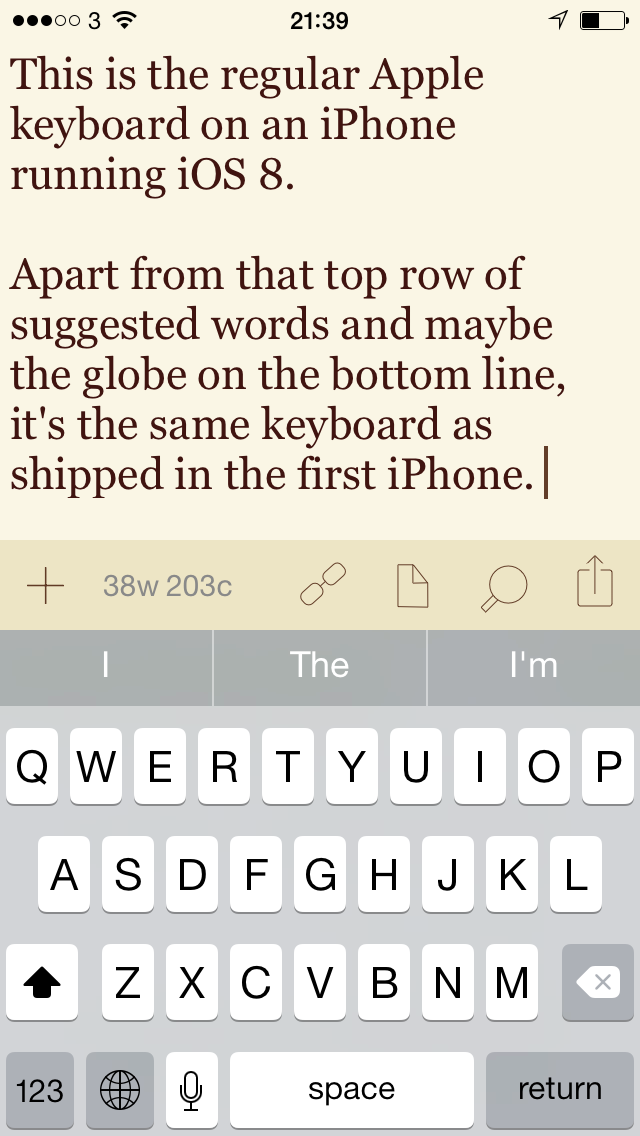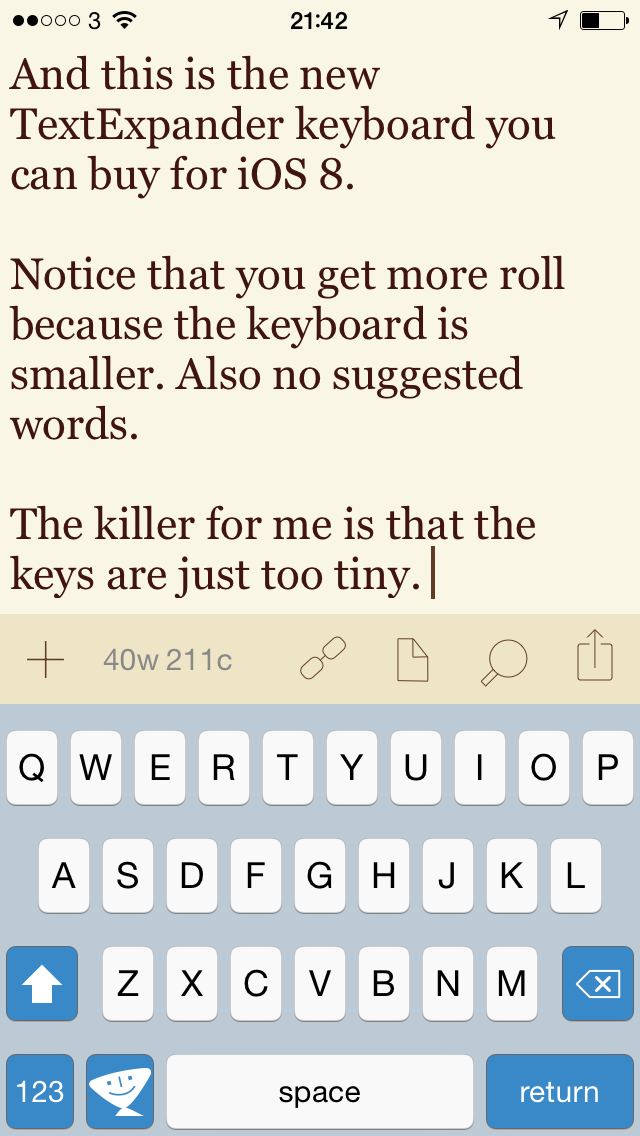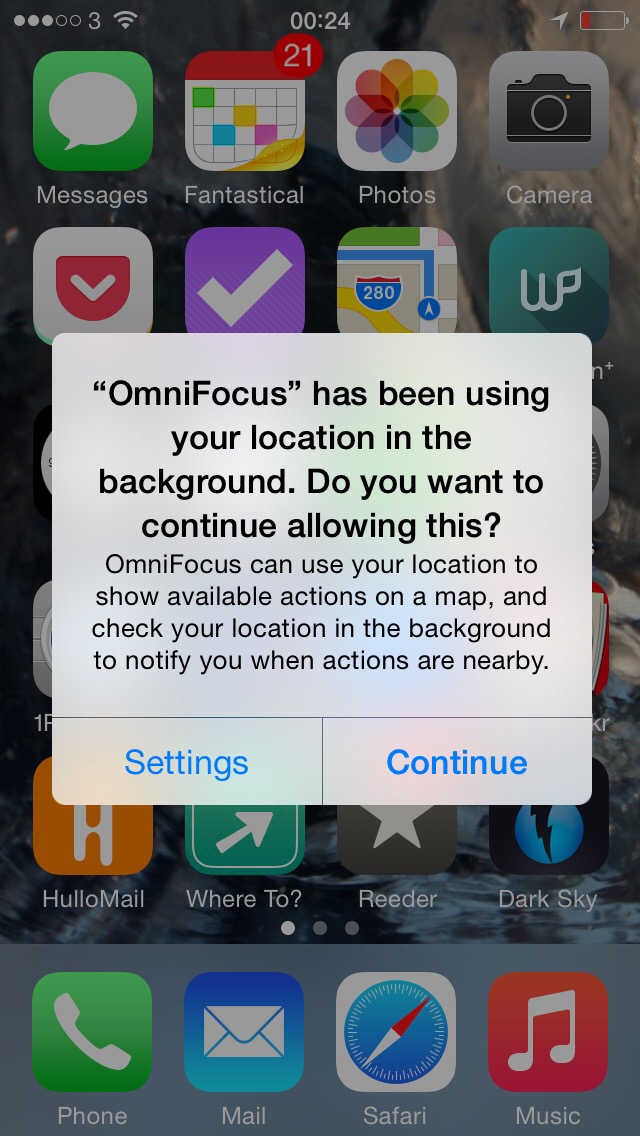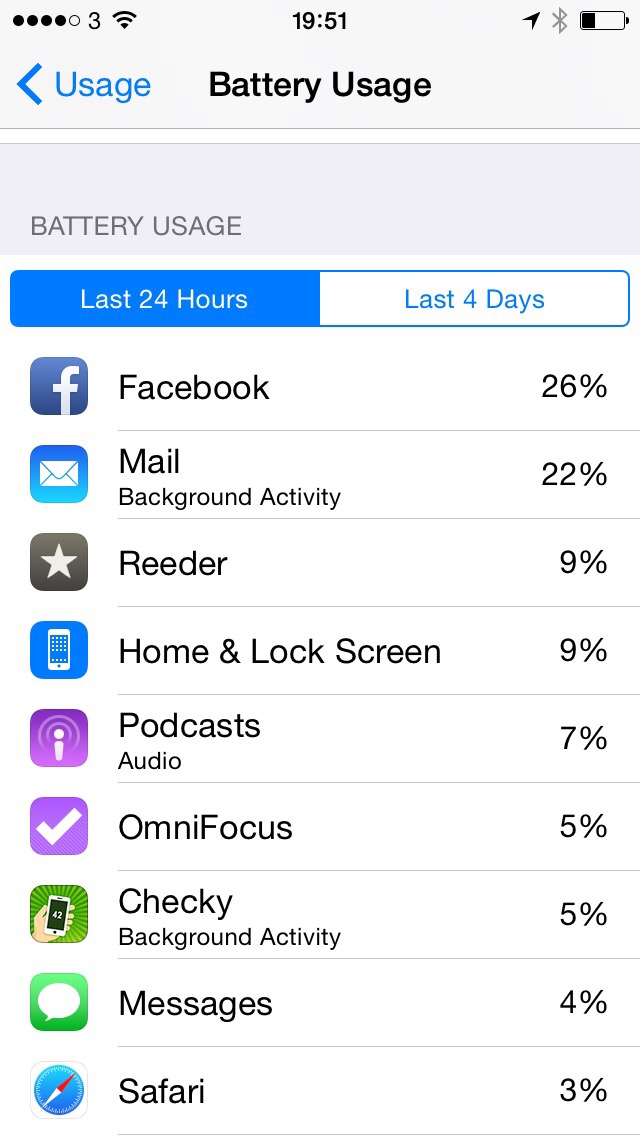Pretend you’re presenting Strictly Come Dancing or The X Factor or any of those: spread things out for maximum dramatic effect – and it’ll help you get it done.
This one needs an example. I’ve just taken over running a programme of about 24 writers who are being paired up into buddies. It got complicated: the number varied, everyone must pair with everyone else but only once, some dropped out, some joined, all that. But in the end, last Sunday, I had the list of who was to work with whom.
And as I was about to post it on the group’s secret Facebook group, I stopped. Instead of the whole list, I just put the first pair up. And announced that I would reveal the rest throughout the day. I was called a tease.
Every thirty minutes for the rest of the day I revealed one pair. It was a daft and a fun idea but you can’t believe how it helped me. I became very conscious that I had to write a new, funny announcement every 28 minutes or so. So I’d post the new one and immediately get on with other work I had to do, shovelled through as much of that as I could before my alarm went off and I did another announcement.
I got a huge amount of work done that day and it felt like a game. If there is anything of yours that you can spread out like this, give it a try, okay? It focuses you like nobody’s business.
Now, there is actually a strong chance that not one single one of those writers noticed this because they could’ve just come on at the end of the day and seen the whole list. So next time I’m going to spread it out over days. I don’t think that will help my productivity, I think it’ll be more fun.



